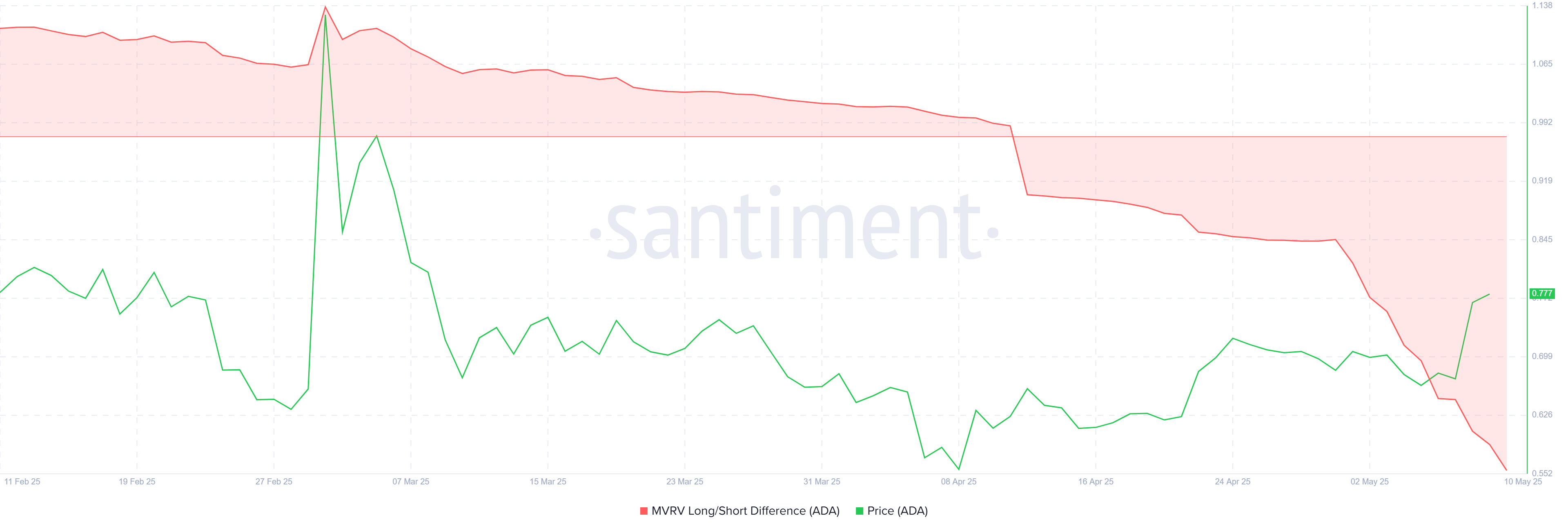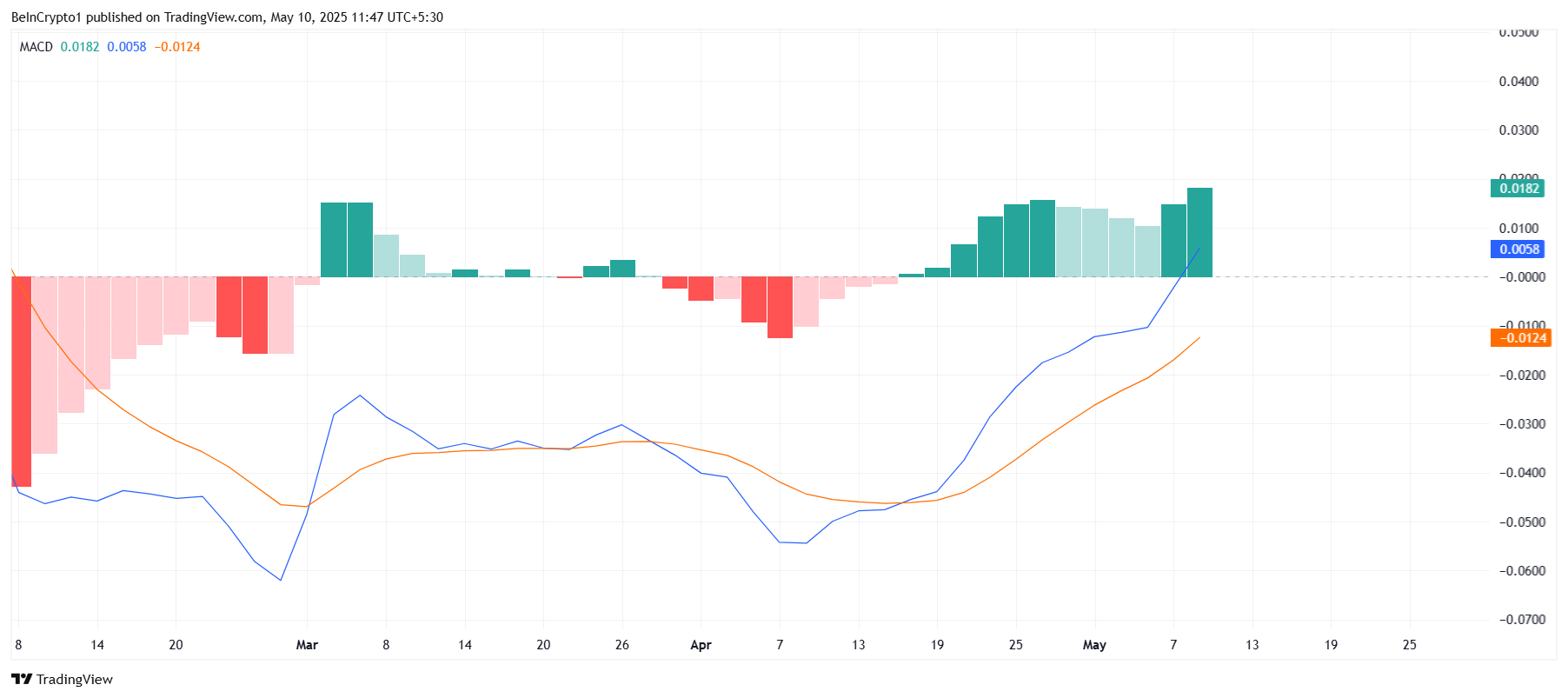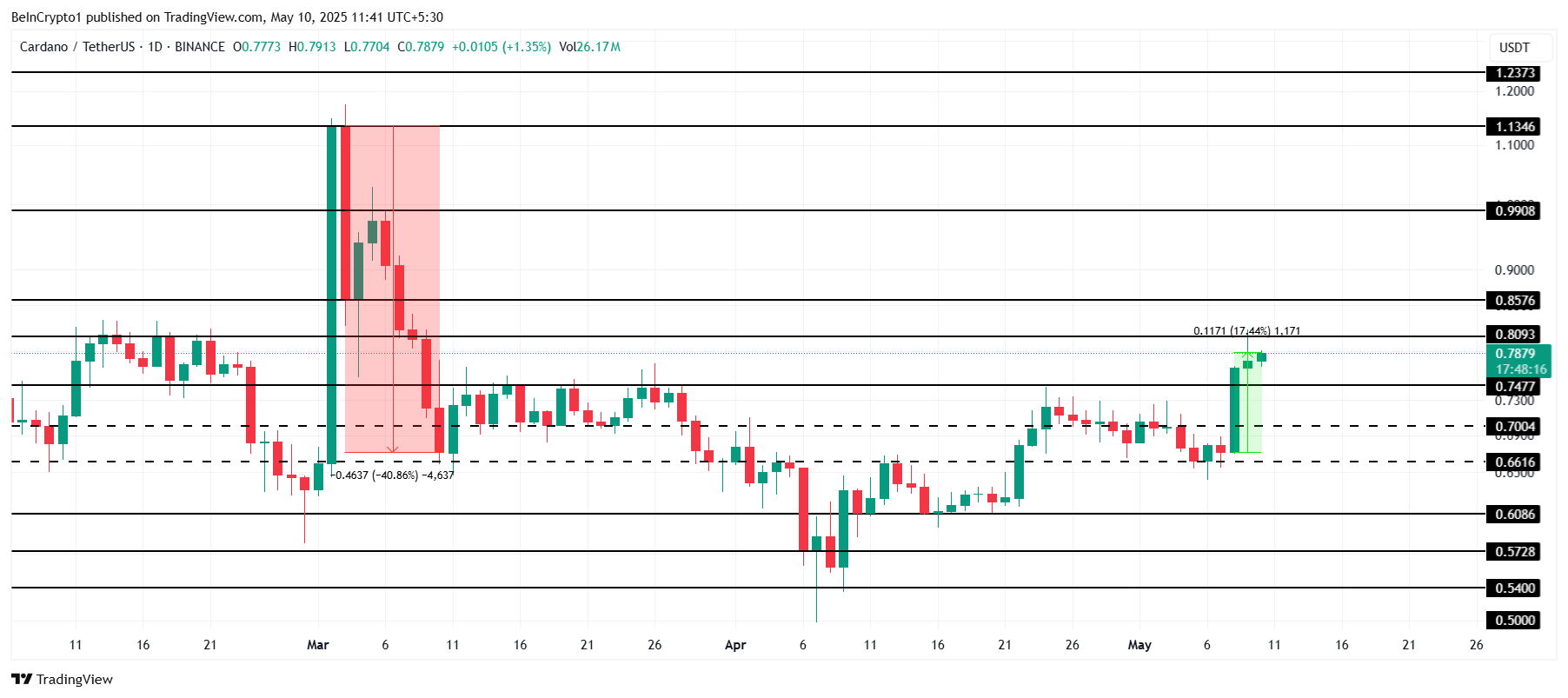The cryptocurrency industry has emerged as a dominant player in U.S. politics. A new report by watchdog group Public Citizen reveals that crypto companies, executives, and investors have collectively spent an unprecedented $119 million to influence the 2024 U.S. congressional elections. This surge in spending underscores the growing political clout of the crypto sector, which now ranks just behind the fossil fuel industry in corporate political contributions.
Crypto’s Political Power Play
According to Public Citizen’s analysis, nearly half of the $248 million in corporate money funneled into the 2024 elections has come from the crypto industry. The nonprofit’s report highlights the extent to which “Big Crypto” has embraced the Supreme Court’s 2010 Citizens United ruling, which allows unlimited corporate spending on elections, provided it goes to independent groups rather than directly to candidates.

The report sheds light on the influence of major players like Coinbase and Ripple, whose contributions to super PACs like Fairshake have been instrumental in shaping the political landscape. Of the 42 primary campaigns backed by crypto-affiliated super PACs, 36 have seen their favored candidates emerge victorious—a success rate that Public Citizen attributes to the industry’s deep pockets and strategic spending.
As the 2024 election approaches, both Republican and Democratic nominees are courting the crypto industry. Last month, Republican presidential nominee Donald Trump made headlines with his appearance at a Bitcoin conference, where he vowed to ensure that future regulations would be crafted by those who “love your industry, not hate your industry.” Meanwhile, Democratic nominee Kamala Harris has signaled a potential policy shift, with her adviser Brian Nelson indicating support for policies that would foster growth in emerging technologies like crypto.
Critics Sound the Alarm
While the crypto industry’s spending has undoubtedly bolstered its political influence, it has also drawn sharp criticism. Public Citizen, which is currently suing Coinbase and Fairshake for alleged violations of federal election laws, describes the influx of crypto cash as a “brazen and unprecedented” attempt to prioritize corporate interests over the public good. The nonprofit also points out that dark money groups, which are not required to disclose their donors, have been funding ads against crypto-skeptic senators like Elizabeth Warren and Sherrod Brown, further muddying the waters of political transparency.
Conclusion:
The 2024 U.S. elections mark a turning point for the cryptocurrency industry, which has rapidly evolved from a niche market to a formidable political force. As the industry’s spending continues to shape the electoral landscape, questions about the balance between corporate influence and public interest are likely to intensify. The outcome of this election could very well determine the future trajectory of crypto regulation in the United States.











